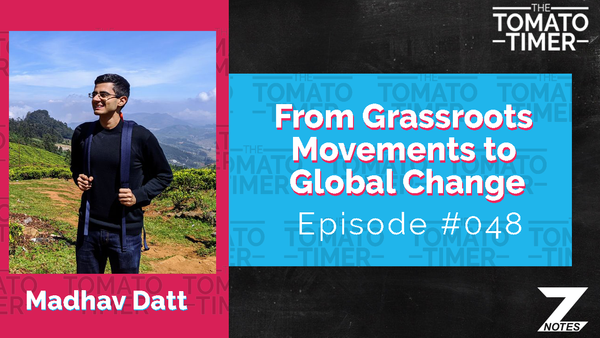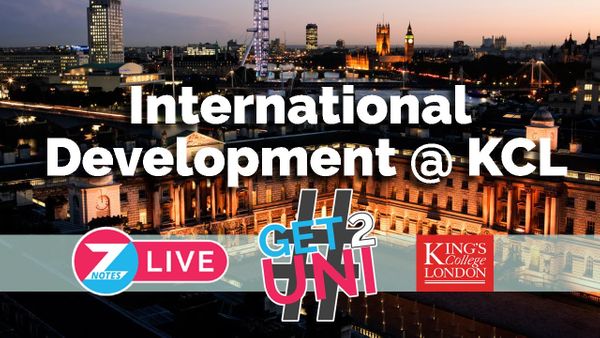We Need to Center Marginalized Voices in Climate Change Conversations. Here's Why.
Climate change is an issue that threatens to impact the whole of humanity. However, its detriment is not being experienced collectively by everyone. As recognised and emphasised by many climate activists, marginalised communities face the most devastating and immediate consequences of the issue, despite not being the dominant contributors to the problem.
Here are some ways (not exhaustive by any means) that portray how some groups are more adversely affected than the rest.
Women
Catastrophic disasters cause the mass displacement of thousands of people. Such displacement, often, is followed by relocation to temporary campsites, leading to increased violence and harassment against women.
The loss of homes and livelihoods and the resultant stress and trauma lead to increased intimate partner violence. For instance, after two cyclones hit Vanuatu in 2011, reported domestic violence cases increased by 300%.
Read more about how gender-based violence and the environment are connected here.
Racial and Ethnic Minorities
In September 2021, the EPA (Environmental Protection Agency) released a report highlighting how racial and ethnic minorities are disproportionately vulnerable to climate change's impacts in the US. These were amongst two of the report's highlights:
Black and African American individuals are 40% more likely than non-Black and non-African American individuals to currently live in areas with the highest projected increases in mortality rates due to climate-driven changes in extreme temperatures.
American Indian and Alaska Native individuals are 48% more likely than non-American Indian and non-Alaska Native individuals to currently live in areas where the highest percentage of land is projected to be inundated due to sea level rise.

LGBTQ+ People
Evictions and familial disapproval often make LGBTQ+ people vulnerable to homelessness, making them susceptible to face the worst impacts of catastrophes like floods and changes like more severe heatwaves. In Jamaica, for example, many young LGBTQ+ people are forced to live in makeshift camps only for their "homes" to be flattened and flooded by hurricanes.
Another factor that heightens the vulnerability of LGBTQ+ people to climate change is the relatively low access to healthcare for people from this community. According to a 2017 NPR survey, for example, 31% of transgender people lack regular access to health care, and 22% of them would rather avoid seeking healthcare due to the possibility of discrimination. So, with so many diseases stemming from poor quality of air and water, LGBTQ+ people may be disproportionately unable to mitigate the harm of such illnesses.
Amidst proposing ways to tackle climate change, we need to ensure that the solutions we come up with don't marginalize the marginalized further. Therefore, centring groups that have been disproportionately impacted in conversations about climate change is a significant step for environmental justice.




